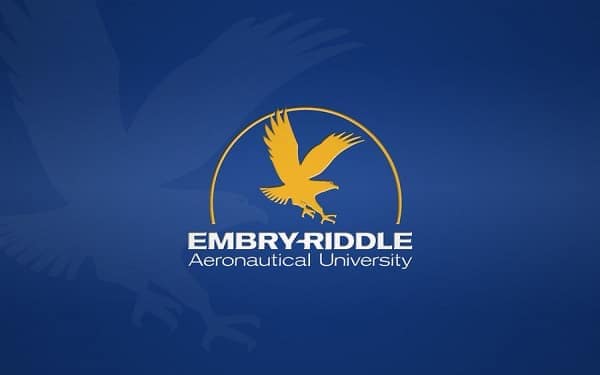To Advance U.S. Innovation and Diversity, Broaden the Research Pipeline, Embry-Riddle Aeronautical University President Testifies

Highly specialized institutions such as Embry-Riddle Aeronautical University can help America build a globally competitive, diverse workforce, accelerate U.S. innovation, and make STEM accessible to more young people – regardless of their zip code, University President P. Barry Butler told Members of Congress on May 6.
Federal research dollars tend to be directed, time and again, to “brand name, powerhouse” universities, while smaller, specialized institutions that align themselves with industry may be overlooked.
“Economically, there is inherent value in building capacity in small-to-medium universities throughout the country and capitalizing on the progress they are already making in tackling the research priorities identified by industry,” Butler testified. Industry-focused research institutions serve as “valuable pipelines to a globally competitive, more diverse workforce and a continuing source of innovation and research partners who share a responsibility for security.”
Butler was invited to testify before the U.S. House of Representatives Committee on Science, Space & Technology, Subcommittee on Research and Technology on how America can best advance research and innovation. Specifically, he addressed how technologically competitive, highly specialized institutions such as Embry-Riddle can help America achieve the goals set forth in the bipartisan National Science Foundation (NSF) for the Future Act.
Butler told Members of Congress. “With additional support from NSF, universities can more effectively support our nation’s technological superiority and prepare a future workforce capable of competing for generations to come.”
Butler offered his insights on how America can develop a competitive and more diverse workforce while optimizing the return on federal research investments and protecting intellectual property.
To advance diversity in the U.S. workforce, Butler said, all young people, including those from traditionally underrepresented populations, should be introduced to science, technology, engineering and mathematics (STEM) at an early age. Every year, for example, support from the State of Florida allows Embry-Riddle to serve more than 6,000 high school students who, after graduating from high school, pursue college STEM majors at a statistically higher rate than their classmates, Butler noted.
Embry-Riddle also hosts STEM-focused summer and online programs geared to K-12 students to help broaden the aerospace talent pipeline. Collaboration with industry has made it possible for Embry-Riddle to provide students with industry-sponsored scholarships, mentorships, internship programs and career acceleration programs, Butler added.
Undergraduate research opportunities, along with federally available programs designed to help engage individuals from underrepresented groups, can further promote a more diverse future workforce, Butler said. This is because students who engage in undergraduate research tend to have higher retention rates. “Expanded undergraduate research through NSF is a very low-cost investment in retention,” he explained. “This experience – in our classrooms and labs and through internships -- pays off by inspiring the next generation of graduate students and tech entrepreneurs.”
Highly specialized research institutions like Embry-Riddle can offer unique research capabilities, too. As an example, Butler pointed to Embry-Riddle’s expertise in the field of aviation cyber security: “We have world-class faculty collaborating with other institutions and manufacturers to advance cyber security specific to airports, aircraft, spacecraft and unmanned autonomous systems,” he noted.
The SF for the Future Act is a bipartisan initiative introduced by Committee on Science, Space & Technology Chairwoman Eddie Bernice Johnson (D-TX) and Ranking Member Frank Lucas (R-OK), along with Subcommittee on Research and Technology Chairwoman Haley Stevens (D-MI) and Ranking Member Michael Waltz (R-FL).
Watch the video of the subcommittee hearing.

 Kim Sheeter
Kim Sheeter